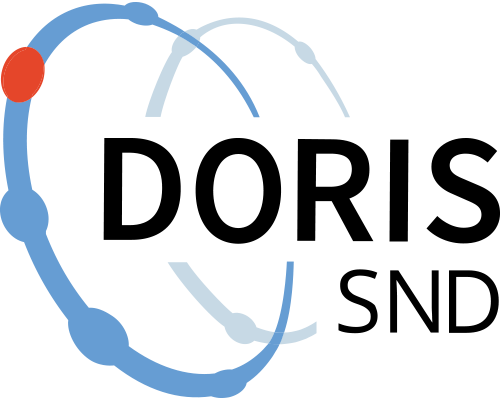Food choice, activity level, and carbon footprint: Insights and implications for sustainable food consumption practices in young adults
https://doi.org/10.5878/89xb-ke36
This study employed a mixed-method approach combining interviews and data from the Measuring Energy Expenditure and Dietary Intake at Different Activity Levels (MEDAL) project. A seven-day food record provided detailed insights into participants' food intake, focusing on protein sources and carbon footprint (CO2e). Participants, aged 18-40, were recruited from Gothenburg University and local sports clubs between October 2020 and April 2021. They were divided into two groups based on their physical activity levels, following WHO guidelines.
Data collection included semi-structured interviews and a seven-day food record using the Nutrition Data online tool. Resting energy expenditure was measured using indirect calorimetry. The interviews explored food shopping habits, dietary preferences, and climate impact considerations without directly informing participants of the climate focus to avoid bias.
Quantitative data were analyzed with statistical tests, while qualitative insights were triangulated with food records to assess climate-conscious and sustainable food consumption practices. The analysis was guided by social practice theory, focusing on the interplay between participants' attitudes and behaviors. Statistical analysis was conducted using SPSS, and significant findings were determined with a p-value of 0.05 or lower.
Documentation files
Documentation files
Citation and access
Citation and access
Data access level:
Creator/Principal investigator(s):
Research principal:
Data contains personal data:
Yes
Type of personal data:
Pseudonymized health data
Code key exists:
Yes
Sensitive personal data:
Yes
